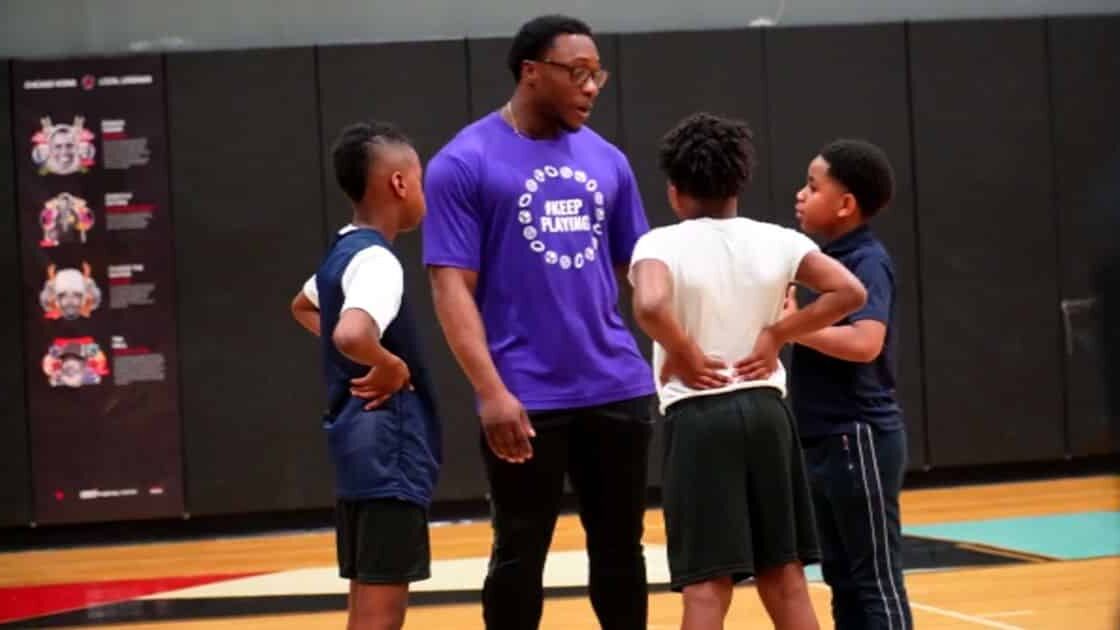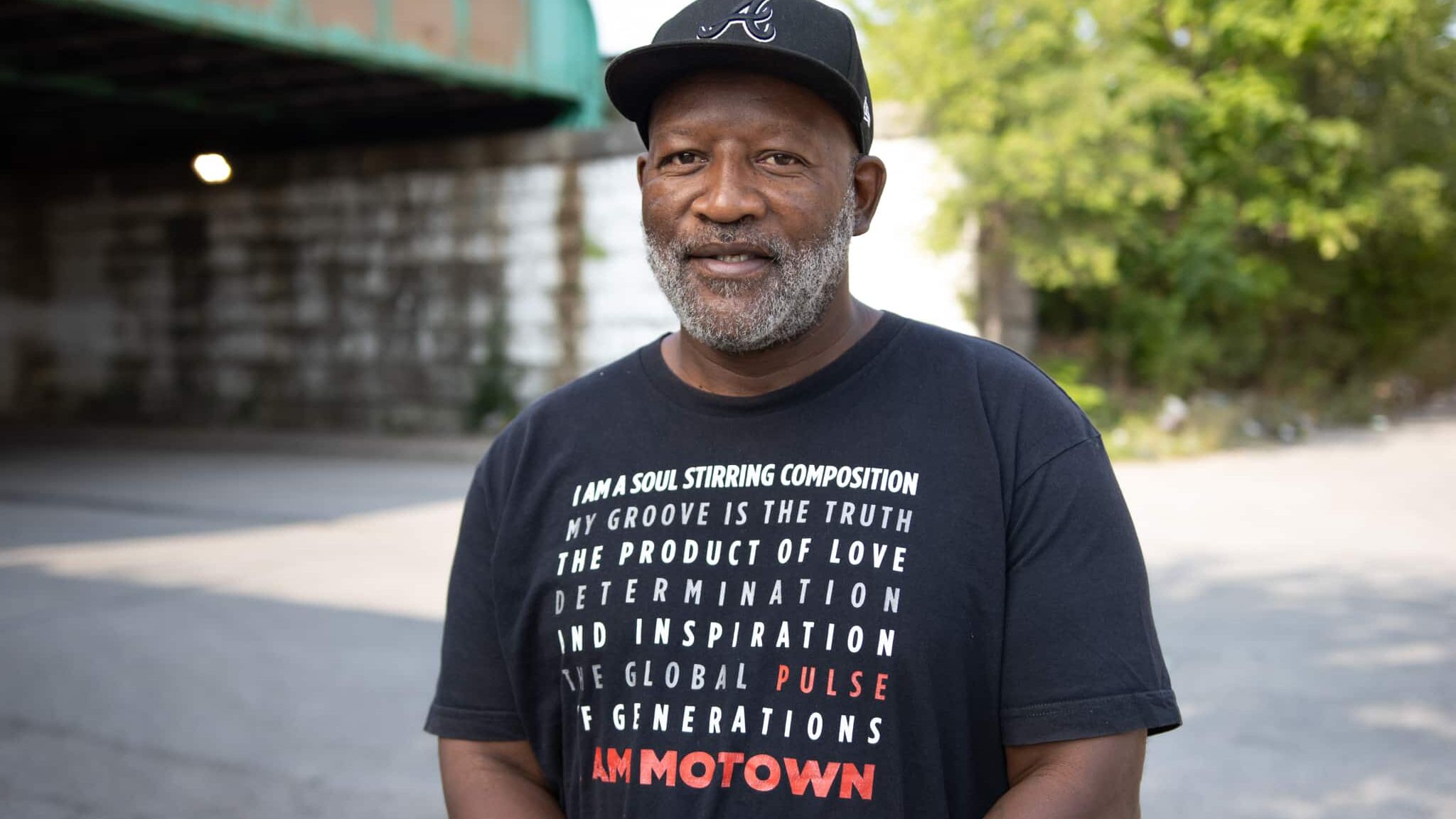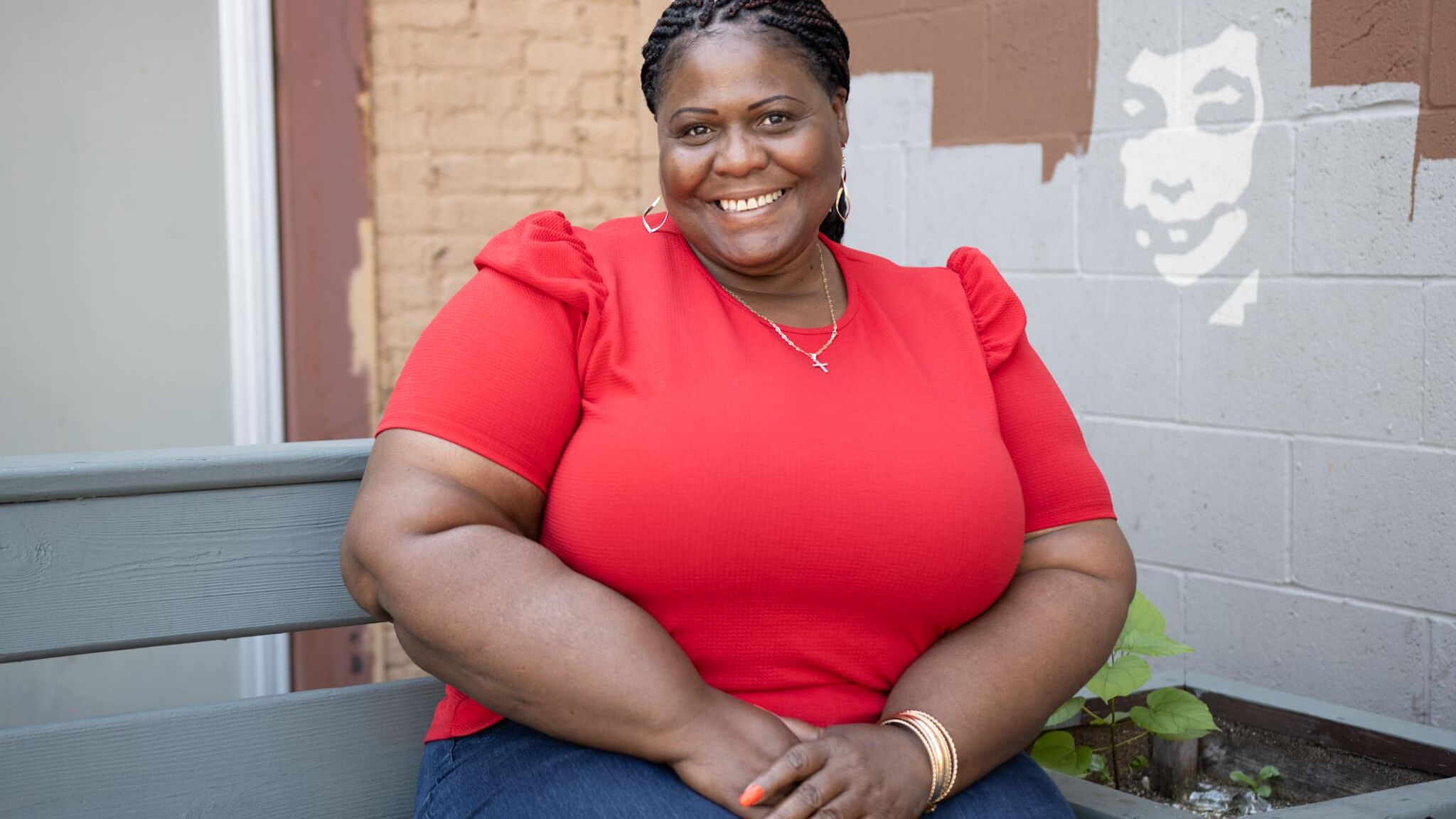The coordinator of Breakthrough’s Youth Behavioral Health program, Alece McFadden, provides individual and group therapy sessions for school-age students at Breakthrough. As she partners with youth and their families and supports teachers in the classrooms, Alece highlights students’ strengths.
Strengths-Based Approach Focuses on Positive Behavior
She created and implemented a positive reinforcement program, a point system that allows teachers to direct their focus to positive behaviors rather than negative ones. The students get points for their actions; the points are converted to Breakthrough dollars which can be used to redeem prizes.
“This is a strengths-based approach,” she says. “It pulls out the strengths of the children, amplifies them, allows them to feel excited for doing something good, and shows them appreciation for that.”
With this program, points can also be deducted for negative behavior, but it gives students a moment to reflect on their actions and an opportunity to talk to teachers about what happened.
“It just really helps with decision making skills, it helps the children understand what positive behavior is versus negative behavior, and it shows them that they have control over what they choose to do,” Alece says.
If students consistently gain or maintain their points, she calls parents to share encouragement and about their child’s behavior. She said students are also eager to bring home their Breakthrough dollars and show their parents.
Destigmatizing Mental Health
Alece hopes that students and families understand the importance of mental health and, through the services she provides, to be a part of removing the stigma around it.
“We all go to the doctor if we’re having aches and pains, but what about going to someone when we’re not ok,” she says. “To be able to really destigmatize the importance of mental health is important to me.”
To do this further, Alece recently began offering monthly wellness breaks. This has provided an opportunity for local parents to learn about how their brains work and to discuss ways to recenter and calm their minds and bodies.
“At the end of the day everyone is in control of their own lives,” Alece says. “ I’m just here to listen and use my clinical tools to help them…just walking with them through past experiences and future endeavors, just being their cheerleader to reach their goals.”
Author
-

Breakthrough partners with people to build connections, develop skills and open doors of opportunity.
Related Posts
March 22, 2024
Breakthrough Provides Girls Sports and Other Services for Families
Breakthrough provides a safe space for youth to grow, face their fears, and learn to help others. CBS Chicago highlighted our girls sports program and the other ways we partner with families in Garfield Park.
Sports & Fitness AcademyEducation & Youth DevelopmentMediaPress
February 26, 2024
History in the Making: Royce Gives Back to the Community
Royce and the other victim advocates come alongside victims and their families in the most difficult moments.
February 6, 2024
History in the Making: Barbara Shows God’s Love
Case Manager Barbara has walked alongside women experiencing homelessness for 16 years.




